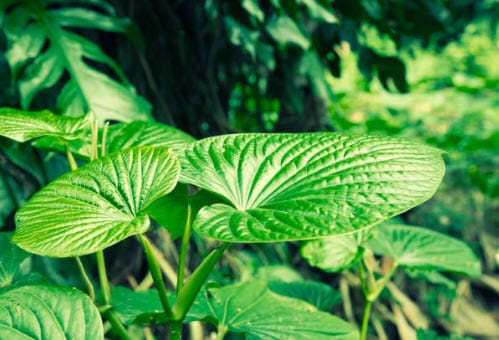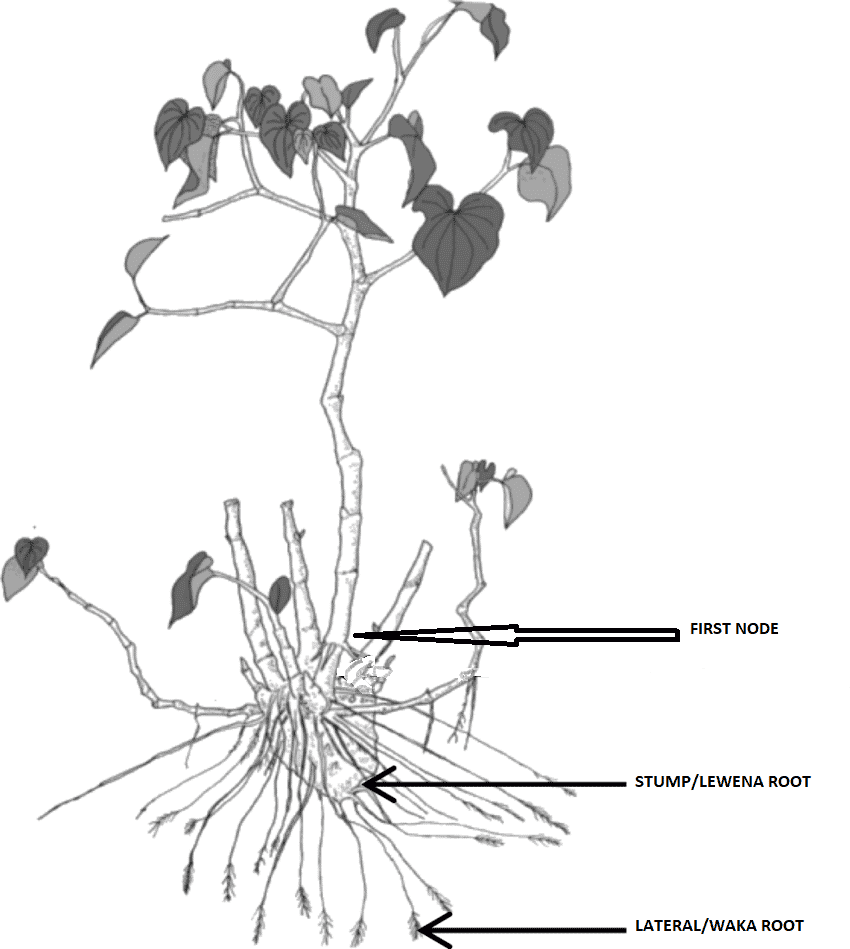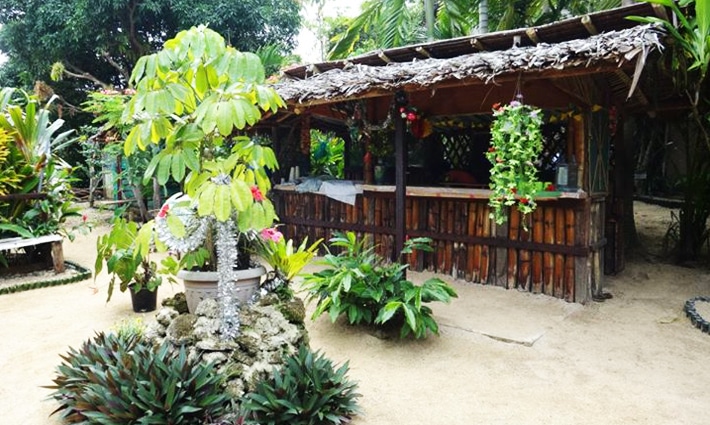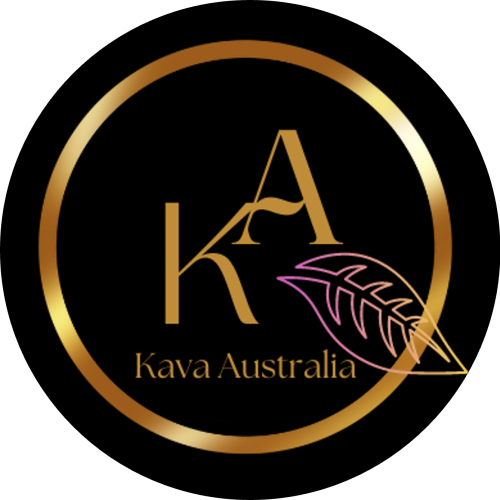Noble Kava
Why High-Quality Kava is Important

Noble Kava is the backbone of the global kava industry. Kava is the Pacific Islands’ most important social and ceremonial plant, creating a joyful, positive mood in its users. Such a simple, peaceful feeling can bring joy to anyone at any time. But not all kavas are created equal. In essence, there are several issues that affect kava’s safety and quality. This therefore makes it hard to know what to expect from different varieties of a simple plant. From cultivar-dependent effects on the body to missing substances that make kava what it is, there are too many questions for us to ignore anymore.
Noble kava is a rarer version of kava, which means it contains higher levels of active compounds called kavalactones. Importantly it is these compounds that have been shown to help improve sleep quality, reduce anxiety and stress, and lower blood pressure. Also, they have a sedative effect that can help you get a good night’s sleep. All this without making you feel groggy upon waking up like alcohol does.
Not all kava is noble variety
Not all kava is Noble kava, however, although in Fiji all kava plants are considered noble. Hence, they are safe to drink. Conversely, in Vanuatu there are multiple kava varieties that are not suitable for drinking due to unsafe kavalactones. The effect of drinking non-noble variety kava can cause nausea and general un-wellness for two days after drinking these inferior grades of kava. The common phrase for these kava types is “Tu-Dei” or “Two-Day kava” because of the lingering ill effects.
Under the Australian Government phase 2 kava trial, there is no requirement for importing only noble variety kava. This means you are reliant on the importer to be importing only noble variety kava.
Further to this if you are consuming kava from Fiji, you must also be aware of kava that includes “above the first node” material. This means pure kava root is mixed with the areas of the kava plant that sit above ground. Above the first node material contains no kavalactones and has the potential to be hyper-toxic.


A Vanuatu kava bar
The final area where kava vendors can compromise their product is via the use of “spent charge” or re-used kava material in kava powder. What this means is that kava that has already been used by kava bars in green kava juice preparation is then dried and mixed in with full strength kava powder.
Therefore, this causes the product to be of inferior quality and weak in good kavalactone content.
Takeaway: Choose kava companies carefully.
To avoid either:
There are three main guidelines in what to look out for when purchasing kava.
- Make sure the vendor has up to date Noble Variety certification from Vanuatu available for you to see on their site. Click HERE to see an example of vendors displaying their Noble kava certification.
- Be realistic on price. For example, if someone is selling Fijian “Waka” for $120, when other kava vendors are selling “Waka” for $180, it is not 100% waka. It will have been mixed with the Lawena root. Alternatively, it has been diluted with potentially dangerous above-the-node kava plant material.
- When buying Vanuatu kava, be wary of price and colour. As per the above example, if the price for Vanuatu Borogu is $120 and most vendors are selling it for $180, then it is Two-Day kava. Otherwise, it is mixed with spent-charged kava powder.
